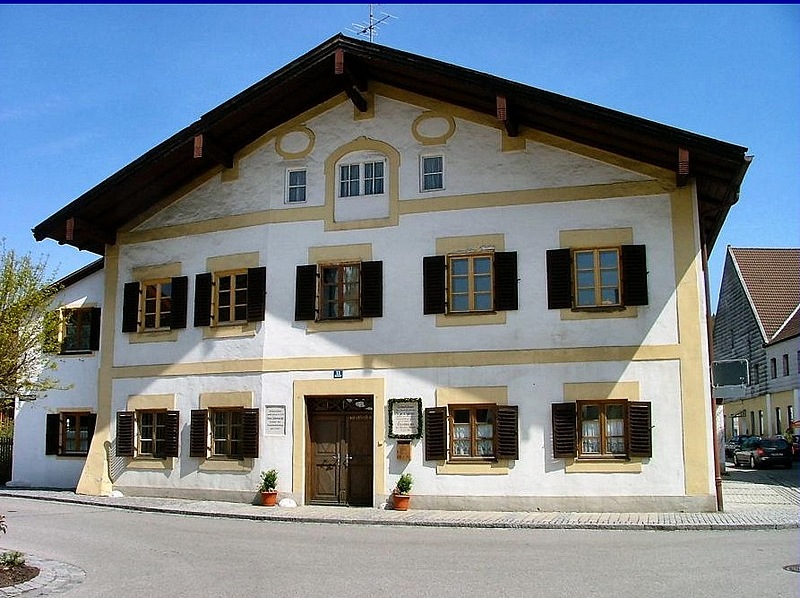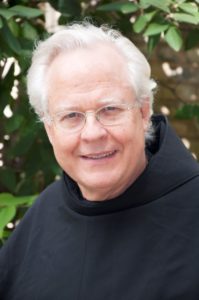CAN I KNOW TRUTH?
(Part Four: THE “TRICK” OF AN IMMUNIZATION CLAUSE)
12 Days on Pilgrimage in August
“I am the way, and the truth, and the life” (Jn. 14:6).
“We are only passing through!” From her youth, Queen Elizabeth II, who died on the feast of the Nativity of Mary, was telling the world that she had belief and could reason well. For seventy years as monarch she exemplified that there is no antithesis between hope for heaven and loyalty to the earth. Her hope was also hope for the earth, and very quietly, without wavering, Queen Elizabeth II lived hope for something greater and definitive. Does anyone doubt that her focus was: Christians must bring hope into what is transitory, into the world as it changes, the old giving way to the new? Her public statements respected the dignity of the person and reflected a modern Christiainity. In other words, close listening to her ruled out a Christianity that would be for speciously sophisticated individuals who respect God. Moreover, a person participates in making who I am before God. Requiescat in pace.
 Pope Emeritus Benedict was born in Bavaria (photo insert at left of his birthplace) a year after the future Queen Elizabeth and grew up on the same raft in the stormy sea. Europe was shaken to its core by conflicts that he found noxious and nihilistic. To give up on truth, to jettison truth from the raft ostensibly because of its weight, and to reduce truth to opinion, is now a stance protected by society. A “protective clause” forbids truth claims[1] and engagement of controversies in debate, disallows any view from being defeated, and forbids amendments to truth claims. He found that emendation of the Enlightenment was a rupture and an elevation of relativity. Such an immunization clause[2] which forbids rational decisions is noxious because every thought is reduced to opinion.
Pope Emeritus Benedict was born in Bavaria (photo insert at left of his birthplace) a year after the future Queen Elizabeth and grew up on the same raft in the stormy sea. Europe was shaken to its core by conflicts that he found noxious and nihilistic. To give up on truth, to jettison truth from the raft ostensibly because of its weight, and to reduce truth to opinion, is now a stance protected by society. A “protective clause” forbids truth claims[1] and engagement of controversies in debate, disallows any view from being defeated, and forbids amendments to truth claims. He found that emendation of the Enlightenment was a rupture and an elevation of relativity. Such an immunization clause[2] which forbids rational decisions is noxious because every thought is reduced to opinion.
Truth is at stake, truth needs time, truth matters. Second, the modern sense of the primacy of the political system includes familiarity with the local, state, national or international politicians who promise everything; but how society actually gets organized makes the difference. Benedict asks: is order on the basis of utility or on the basis of justice, at least some form of justice and social identity? He knew well that Fascism gave a form of identity based on resentment for the overdemand of reparations after World War I which reduced Germany from the richest country in Europe to the poorest. The new Marxism, on Benedict’s eastern border, was offering a vision of making sacrifices now with a promised payoff from an ever-illusive utopia. Marxism was easy: just overthrow the morality of the bourgeois now and all will be well.[3]
Benedict recognizes the complexity of the ensuing primacy of the political in the West and changes in Islam in the East. Goals are supposed to regulate political ideologies, but there is no evidence that this is happening. Benedict observes that secular modernity and its call for human rights, its claim to reason, its refusal to be subject to any Church, its dream of depending on generosity with equality: economic, gender, ethnic, or social, arises and reproduces itself. Religion is left behind because, in the view of the self-styled cultured elite, religion has impeded progress, whether in the economic realm, or in the use of reason, or in justice as they define it.
It may surprise many that Benedict argues why secular modernity is not a complete break from Christianity, but funded by Christianity. His view of the modern debate is:[4]
- The state itself is not the source of truth and morality. It cannot produce truth from its own self by means of an ideology, … nor via the majority. It is not absolute.
- The goal of the state cannot consist in a freedom without defined contents. … The state requires a minimum of truth, of knowledge of the good. It is defined by justice on the basis of what is good for everyone.
- The state must receive from outside itself the essential measure of knowledge and truth with regard to that which is good.
- A pure rational evidential quality independent of history does not exist. Metaphysical and moral reason comes into action in a historical context.
- Christian faith has proved to be the most universal and rational religious culture. It offers the basis of a rational moral faith without which no society can endure.
- The state receives its basic support from outside, from a reason that has come to maturity in the historical form of faith. By merging with the state, the Church would destroy both the essence of the state and its own essence.
- The Church remains “outside” the state, in its own proper place and within its boundaries. The Church performs for the state the service that the latter requires, to shine forth the moral truth to the citizens. Truth must be vigorous. The Church must form its members to convince and to be a leaven for all society.
Are Christian faith and modernity compatible, the Holy Father asks? If tolerance is one of the foundations of the modern age, then tolerance claims recognize the essential truth. A spiral of violence runs through the history of religions, and it has to be broken. To dismiss the claim to truth in the Christian faith as the fundamental condition for a new reconciliation of Christianity with modernity is to make an incorrect diagnosis. Benedict repeats essential points about truth, tolerance and freedom. Freedom must relate to truth. Law is constitutive of freedom. The absolutely ideal human situation never existed, nor will a perfected ordering of freedom be achieved. We struggle for the relatively best possible framework of human coexistence, to preserve anything good that has been achieved, to overcome anything bad that exists at the time, and to guard against the outbreak of destructive forces as he and Queen Elizabeth saw.
Queen Elizabeth and Pope Emeritus Benedict, their teenage years during war, her coronation on 2 June 1953, his ordination on 29 June 1951, and seven decades, bear witness to the question of the role “truth” plays as a gift for everyone, which aims to alienate no one.
Fr. Ed Ondrako, OFM Conv. Univ of Notre Dame eondrako@alumni.nd.edu
_______________________
[1] At a University in Canada, the Dean of Studies said to me: “Never make any truth claims.”
[2] Cyril O’Regan, University of Notre Dame, uses immunization clause for protective clause.
[3] Lenin said: find a few useful idiots. He did and we saw them exemplify the absence of the divine.
[4] Pope Benedict XVI, Values in a Time of Upheaval (San Francisco: 2006), 67-70.
Fr. Edward J. Ondrako, OFM Conventual
Research Fellow Pontifical Faculty of St. Bonaventure, Rome
Visiting Scholar, McGrath Institute for Church Life
University of Notre Dame
Feast of Saints Michael, Gabriel, and Raphael – September 29, 2022
